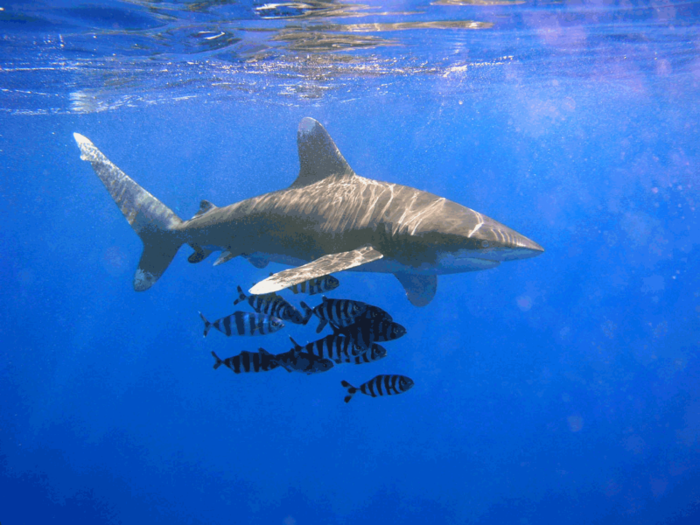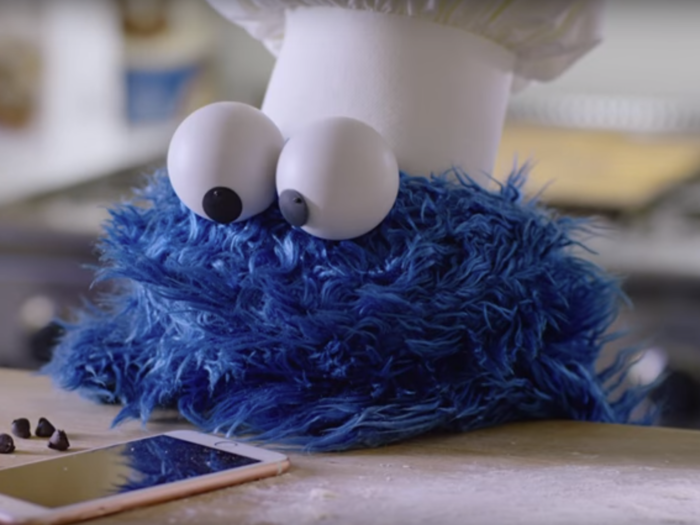9 phrases only MBAs understand
Resume lock

PAR and STAR

These are two frameworks that MBA students use either to describe their accomplishments on a resume or to answer interview questions, Dea said. "You don't always get a lot of time for interviews, so you want to make sure that you're being concise."
PAR stands for "Problem, Action, Result." If you're using this format, Dea said, "you would talk about the problem, then you would dig into the actions that you took to help solve the problem, and then you would finally close with the end result that you specifically made." STAR is very similar — it stands for "Situation, Task, Action, Result."
Blue ocean and red ocean

Ollinger describes both terms in his glossary.
Blue ocean is a "nerdy way of describing a market that has yet to be chummed up with competitors or great whites (which are, by the way, man-eating killing machines)."
Red ocean is a "nerdy way of describing a market chummed up with competitors and man-killing sharks."
The 4 P's of marketing

"Four things — Product, Place, Price, Promotion — contribute to make a product successful or not," Ollinger writes in his book.
The four P's are also called the "marketing mix," a term that was popularized in the 1950s by Neil Borden.
The 3 C's

Ollinger defines the term in his book: A "business model developed by Kenichi Ohmae. ... It analyzes how the dynamics of Customer, Competition, and Corporation lead to strategic advantage."
Circle of death

At a business-school networking event, Dea said, there will typically be more students than potential employers. And all the students are eager to talk to the employers.
"What ends up happening is that a lot of students end up congregating around one employee," Dea said. "It looks like a circle where there's one employee and the rest of the students are around him or her and it is a game of back and forth of question and answer."
The term is tongue-in-cheek, Dea added, because all MBA students know it's an unfortunate part of the recruitment process.
MECE

Ollinger says MECE is an acronym for "a McKinsey-created data analysis concept called 'Mutually exclusive, completely exhaustive.'"
For example, categorizing people by age group would be MECE. That's because no one can appear in more than one category and all the categories together cover all the options.
Categorizing people by their hobbies is not MECE, because one person may have more than one hobby.
Herbie

The 1984 novel "The Goal," by business consultant Eliyahu M. Goldratt, is often assigned at top business programs, Dea said. The novel explores principles of operations and supply chains.
In one story line, a boy named Herbie is on a Boy Scout hike and ends up holding up the rest of the troops. So "Herbie" has become synonymous for "bottleneck," or the thing that's holding people up.
Dea said MBA grads will often say things like, "Don't be the Herbie" or, "Stop being the Herbie."
SWOT analysis

Ollinger says this term is a "framework for analyzing a business' situation by looking at their Strengths, Weaknesses, Opportunities, Threats."
Popular Right Now
Popular Keywords
Advertisement